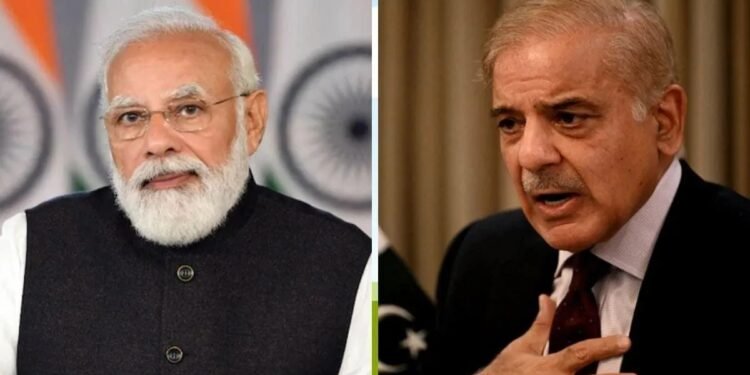Amid rising India-Pakistan tensions after the Pahalgam terror attack, Pakistan called the US fearing a BrahMos strike, leading to a ceasefire after direct military talks.
Amid heightened tensions between India and Pakistan following a deadly terrorist attack in Jammu and Kashmir’s Pahalgam, a significant development has emerged. Sources reveal that Pakistan, fearing a strong retaliatory strike from India, reached out to the United States, claiming that India might target its nuclear facilities with BrahMos missiles.
According to reports, Pakistan contacted the Trump administration, expressing urgent concerns over a potential Indian airstrike and seeking mediation for a ceasefire. In response, US National Security Advisor Marco Rubio held talks with Indian External Affairs Minister S. Jaishankar on the matter.
However, India firmly rejected the idea of third-party mediation, stating that the issue was a bilateral matter. India conveyed to the US that Pakistan should directly engage with India if it sought a ceasefire.
Subsequently, a direct conversation was held between the Directors General of Military Operations (DGMOs) of both countries — Lt. Gen. Rajiv Ghai from India and Maj. Gen. Kashif Abdullah Chaudhary from Pakistan. Following their talks, a ceasefire agreement was announced on Saturday, May 10.
Further discussions were held on Monday evening between the two DGMOs to reaffirm commitments to peace at the border. India emphasized its new counter-terrorism policy, under which terrorists will be neutralized even across the border if necessary. Both sides also agreed not to violate the ceasefire or initiate any military actions along the Line of Control.
Rising tensions and India’s response
The recent escalation in hostilities stems from a brutal terrorist attack in Pahalgam, carried out by a Pakistan-based terror outfit. The attack claimed the lives of 26 Indian tourists, igniting outrage across the country.
In response, India launched “Operation Sindoor,” targeting and destroying multiple terrorist camps inside Pakistan. Several militants were eliminated in the operation. Pakistan reportedly attempted an aerial retaliation, which was effectively repelled by Indian forces. India then launched counter-airstrikes, destroying several Pakistani airbases.
As the situation remains tense, both countries have now publicly committed to upholding the ceasefire. However, India has made it clear that it will continue to act decisively against terrorism originating from across the border.


